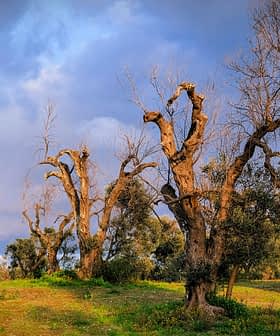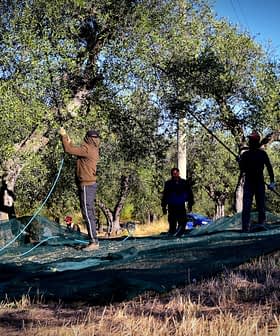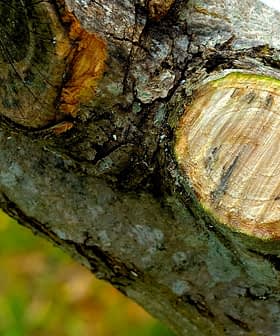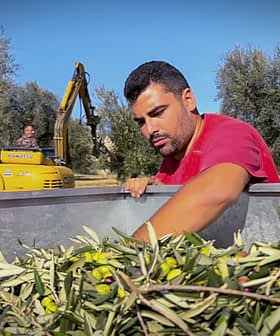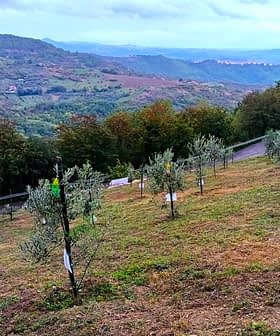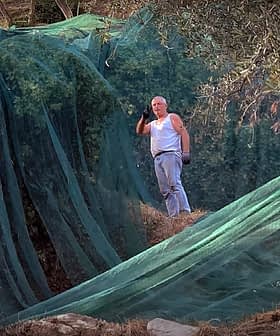4th 'Monna Oliva' Celebrates Best Italian Table Olives
Producers from Liguria, Marche, Lazio, Abruzzo, Molise, Campania, Basilicata, Apulia, Calabria, Sicily and Sardinia reached exceptional levels of quality despite the poor season.
The fourth edition of the national competition for the best table olives Monna Oliva concluded with an event in Latina, where producers from various regions were recognized for their high-quality olive processing skills. The event aimed to support the Italian table olive sector by promoting traditional and mechanized methods, with winners including the Oliva di Gaeta, recently granted protected denomination of origin status.
The fourth edition of the national competition for the best table olives Monna Oliva wound up with an event held on June 24 in Latina, in the heart of Agro Pontino (Lazio), where the best of about 90 participants received recognition for their skills in olive processing.
Several producers from Liguria, Marche, Lazio, Abruzzo, Molise, Campania, Basilicata, Apulia, Calabria, Sicily and Sardinia reached exceptional levels of quality despite the poor season, according to the group of tasters which assessed the samples under the supervision of panel leader Ivano Caprioli.
Along the route of the designations of origin, the previous editions of Monna Oliva were host in Castelvetrano (Sicily), Cerignola (Apulia), and Ascoli Piceno (Marche).

Some of the winners of 4th Monna Oliva
The latest venue of the itinerant event was chosen to honor the recent recognition of protected denomination of origin (PDO) obtained by the Oliva di Gaeta, whose denomination is now reserved exclusively for table olives of the variety Itrana, also known as Gaetana, of the black type, which meet the requirements laid down by the production specification.
“Finally, Italian table olives included a new European star,” said the president of the Mediterranean Union of Oil Tasters (UMAO), Paola Fioravanti, who conceived the competition. “Since December, the Oliva di Gaeta joined the PDOs Nocellara del Belice, Bella della Daunia and Ascolana del Piceno.”
Fioravanti explained that this olive comes from the cultivar Itrana, which can be naturally sweetened both when the fruit is perfectly mature in the version of the Oliva di Gaeta DOP, and when it is still green; in this case, the whole fruit can be naturally processed or cracked with salt and then seasoned.
“Those who care about the biodiversity of Italian cultivars should promote table olives and denominations of origin as a valuable support to our producers,” Fioravanti considered. “The table olives sector is still a market niche, but in recent years it developed and gave rise to new opportunities, partly thanks to a change in people’s lifestyle and dietary habits,” she observed, pointing out that, according to the International Olive Council, table consumption increased by 173 percent over the last 25 years.
Other economic and technical data were presented during the third National Forum on the Production of Table Olives, which preceded the award ceremony. Moderated by the journalist Maria Antonietta Palumbo, speeches on the sector were given by the mayor of Latina, Damiano Coletta, the chairman of the consortium of industrial development Roma Latina, Carlo Scarchilli, the president of the Province of Latina, Eleonora Della Penna, the president of the association of tasters of Latina Capol, Lino Centauri, the national councilor of Città dell’Olio, Benedetto Miscioscia, and the Lazio Region agriculture minister, Carlo Hausmann.
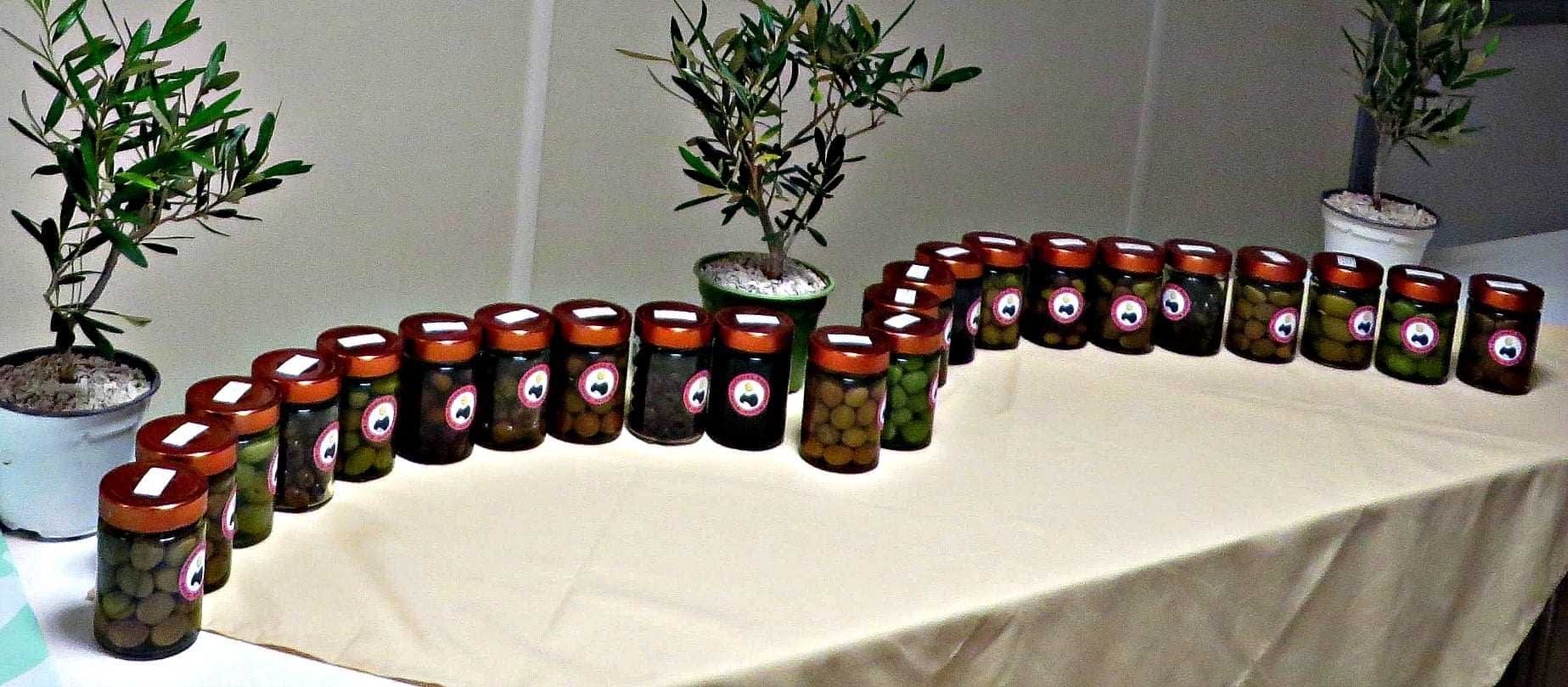
On behalf of producers, there were contributions from an expert in rural policies, Antonio Stea, an expert in table olives, Alberto Bono, and Franco Lombardo of Geolive Belice LLC.
Monna Oliva aims to support the table olive sector by promoting the work of Italian manufacturers, whether they use traditional systems or controlled and mechanized methods. Among these, the Calabrian farmer Francesco Gabriele received an honorable mention for his natural Bella di Cerignola.
“I am delighted with this recognition which rewarded my research in this field,” Gabriele said, and he explained that Bella di Cerignola is generally lye-cured and completely sweetened, but he processed it with the natural method in order to regulate debittering and crunchiness.
“In this way, the consumer can better perceive the origin of olive because natural processing enhances the typical taste of the cultivar,” he explained. “In my opinion, with an organic management, good water and good salt you can obtain a great product,” Gabriele concluded, specifying that he used the salt of the natural salt pans reserve of Trapani and Paceco, in Sicily, and carried out strict controls on water.
The list of the winners can be found on the Monna Oliva website.


